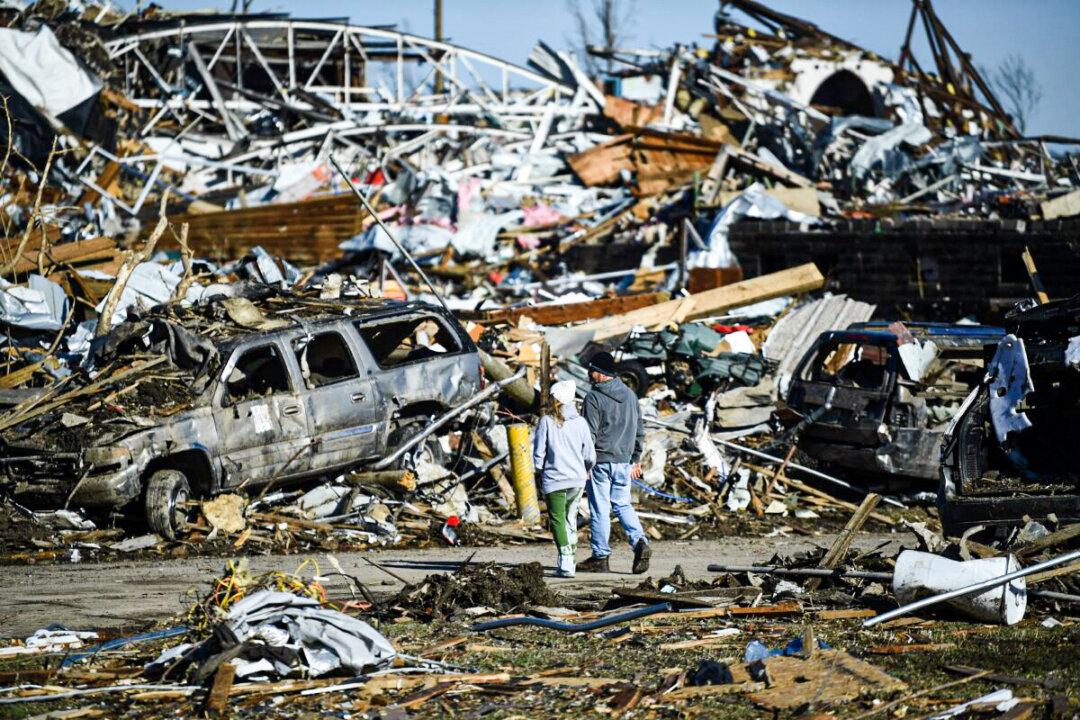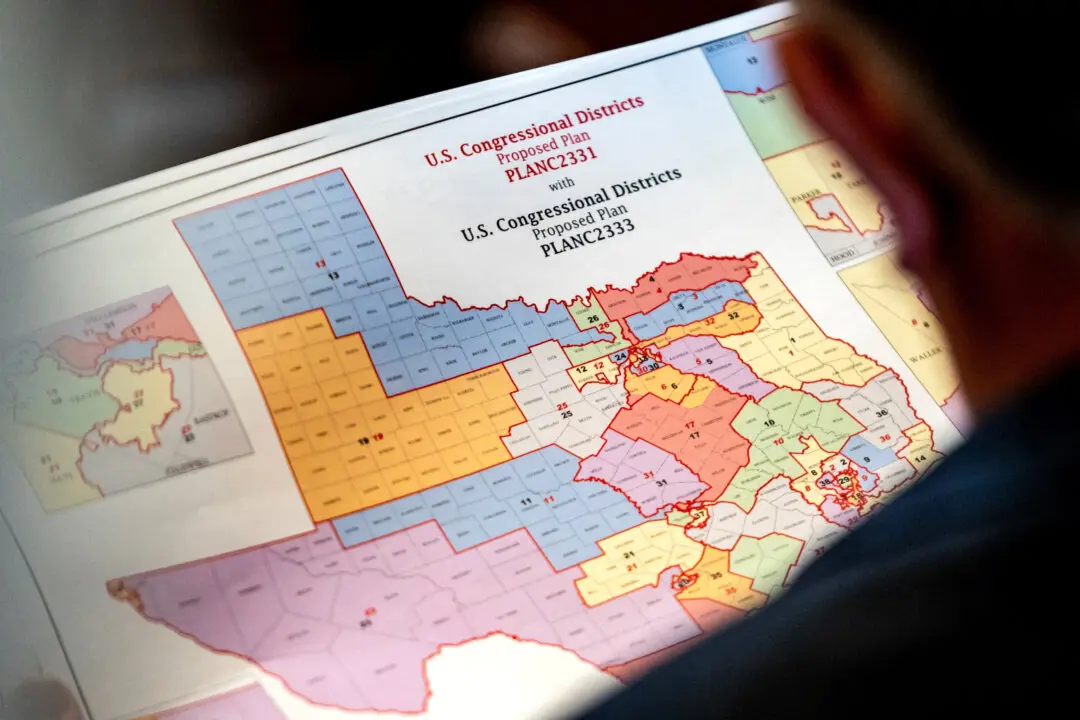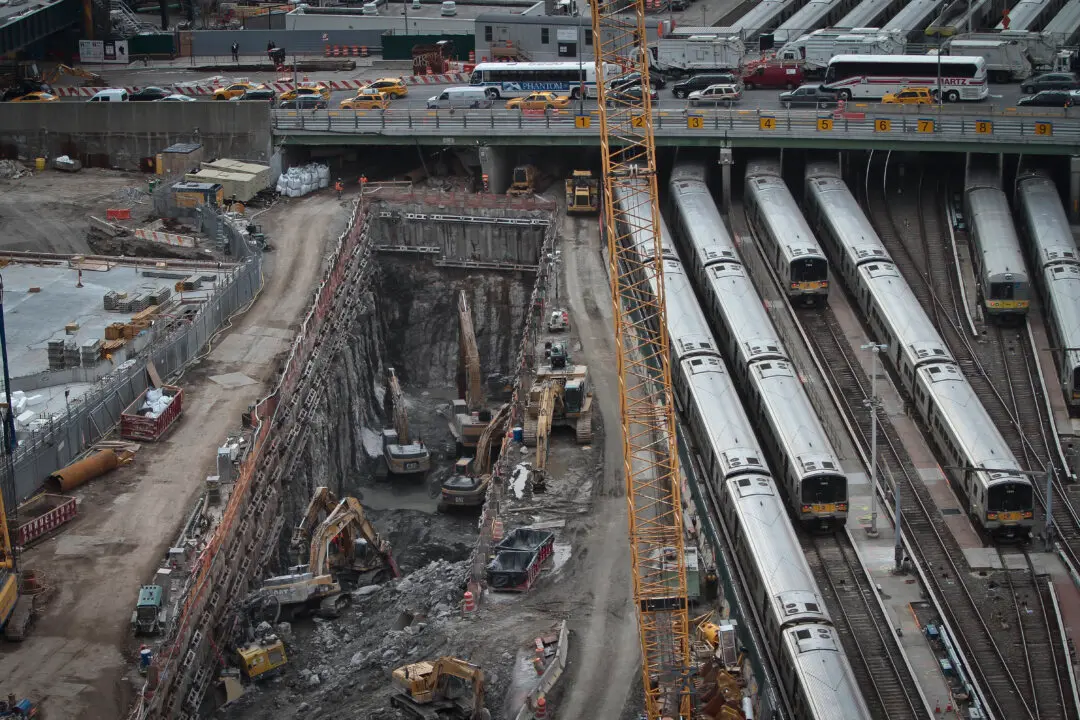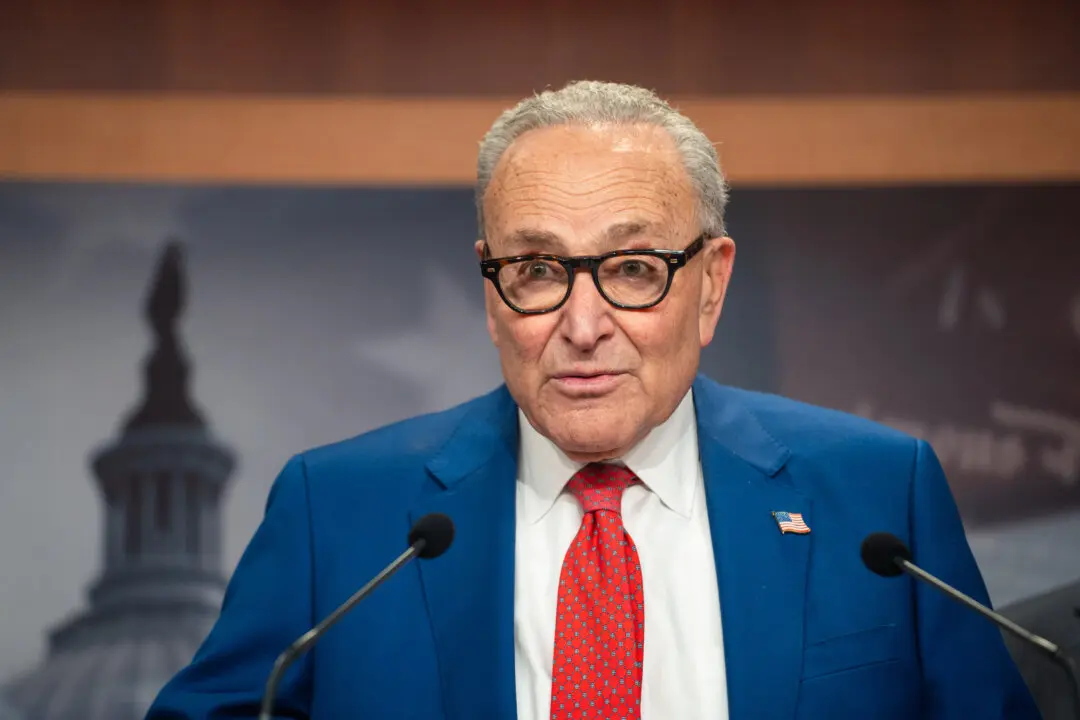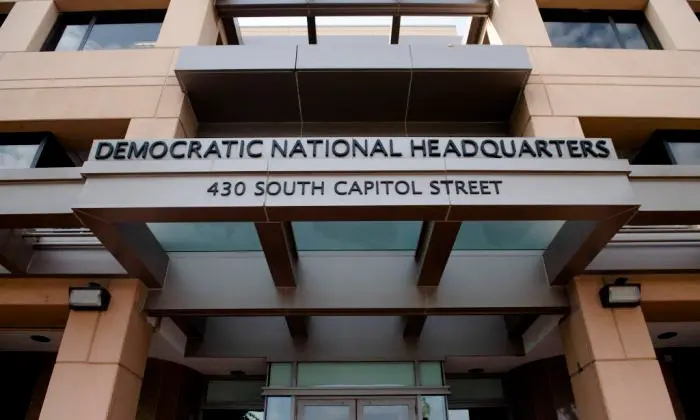A bipartisan bill intent on bringing better understanding, increased forecasting and warning times for tornadoes and severe weather passed the Senate Committee on Commerce, Science, and Transportation on Wednesday, May 10.
The TORNADO Act, short for Tornado Observations Research and Notification Assessment for Development of Operations, was reintroduced this year by Sen. Roger Wicker (R-Miss.) alongside colleagues from both sides of the aisle.
